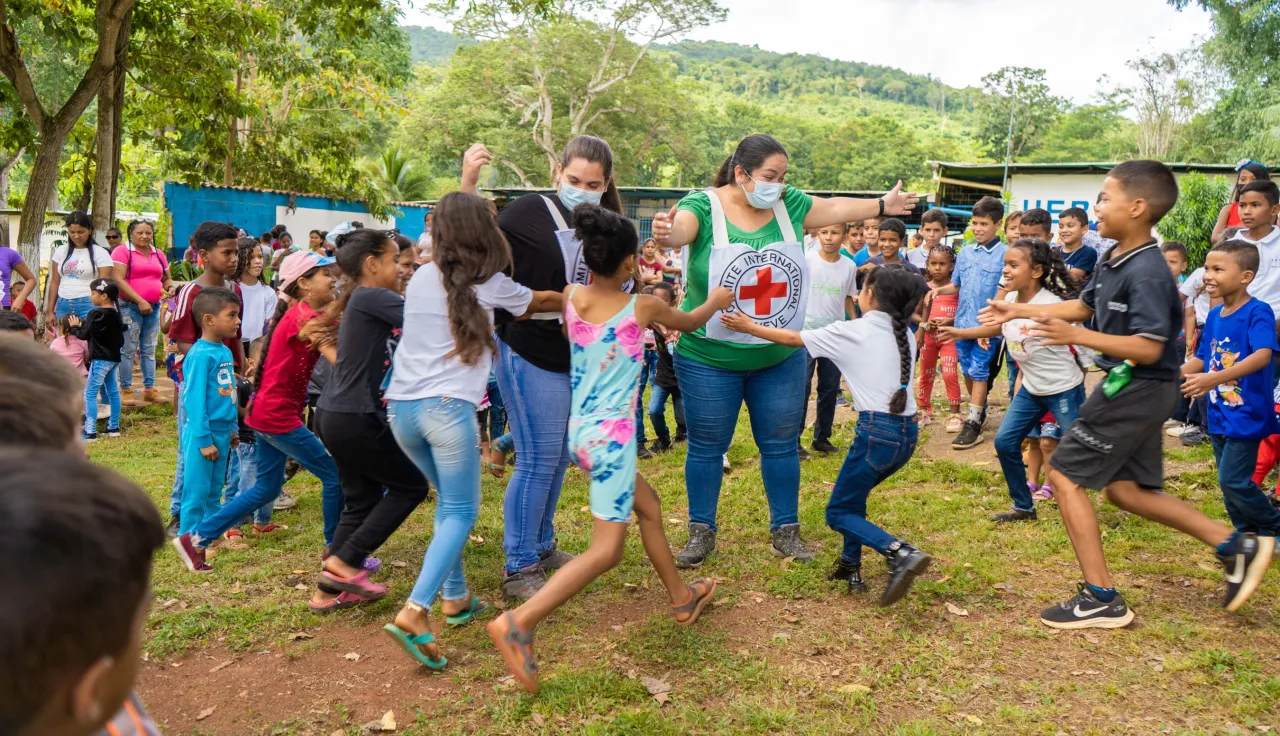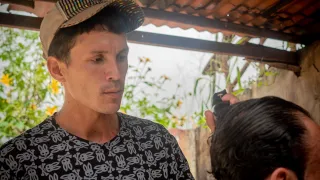Our work in Venezuela
Working with the communities it serves, the ICRC carries out activities in Venezuela in the areas of health, water and sanitation, economic security, dignified management of the dead, protection of detainees, Restoring Family Links and the promotion of international humanitarian law and international rules governing the use of force by the armed forces and police.
The regional delegation also carries out work relating to its mandate and operations to meet immediate needs on the islands of Trinidad and Tobago, Aruba, Bonaire and Curaçao.
ICRC Community Contact Centre
In Venezuela, the ICRC operates a phone and email hotline that you can use to contact us (#SigamosEnContacto). You can ask for information about the ICRC and our activities in Venezuela and find out how to get help from us. It is also a channel you can use to resolve any queries you may have and send us your feedback and suggestions about our activities in the country.
This service is available Monday to Friday between 8am and noon and 1pm and 3pm.
Other regions we support: The regional delegation in Caracas also carries out activities relating to its mandate and operations to meet immediate needs on the islands of Trinidad and Tobago, Aruba, Bonaire and Curaçao.







